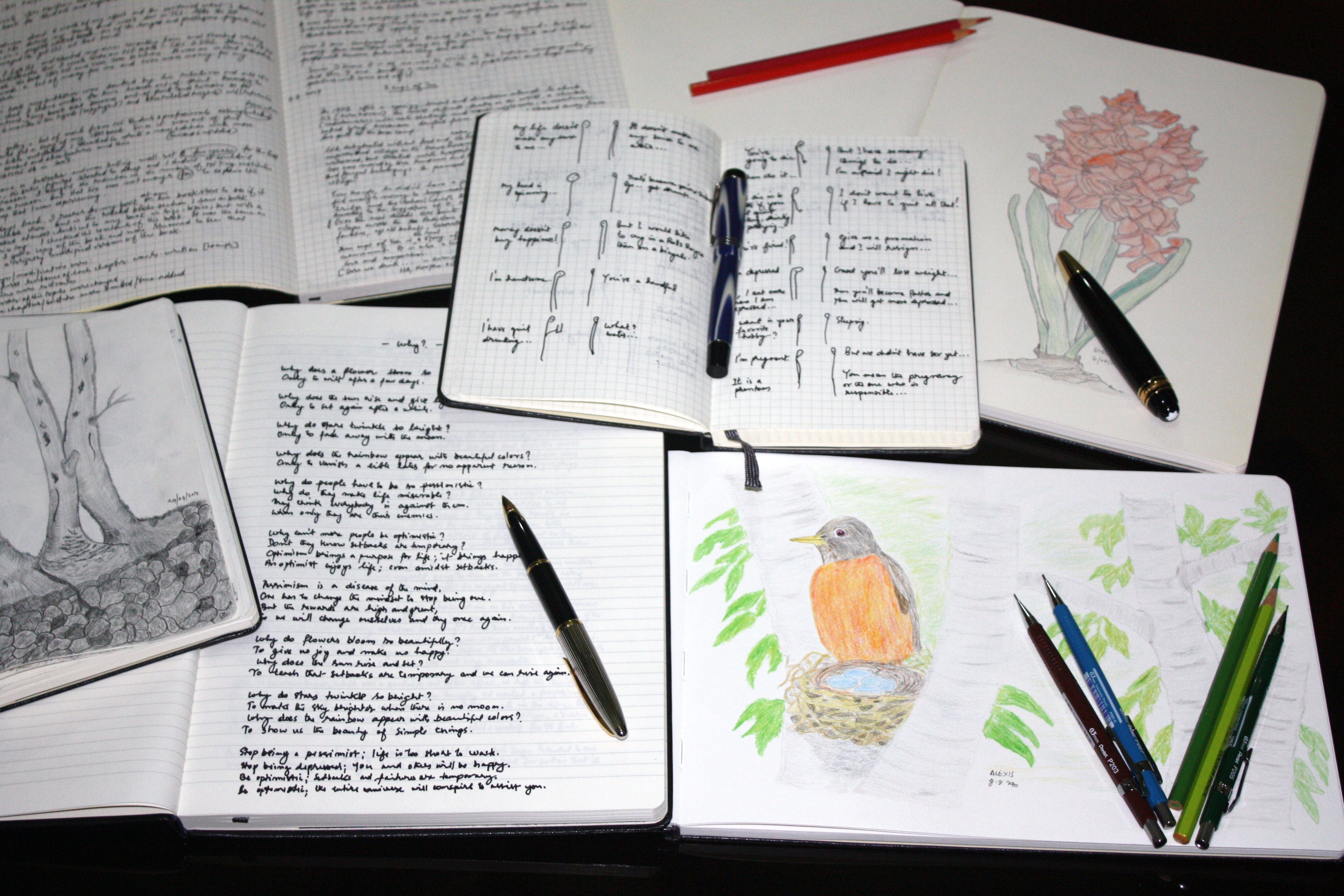Monday 22 to Sunday 28 April is National Stationery Week. Yes, that’s “stationery” with an “e” as in “envelope”.
The aim of National Stationery Week is to get people writing. It is a celebration of the written word and all things stationery. The idea is to get more people putting pen to paper and writing by hand more often, especially children. Oh and to get them spelling stationery correctly with an “e”!

Some would have us believe that, in this digital age, letter writing and writing by hand is dead in the water and no longer matters. But in truth technology has merely distracted us from the joy and importance of writing, it hasn’t replaced it — we still have to write note, postcards, posters and exam papers; and many still enjoy writing letters and even novels by hand. Indeed there remains something special about receiving a handwritten letter or card.
There’s a whole website devoted to National Stationery Week at nationalstationeryweek.com including a page which focuses on children and schools.




 An Oriental (mostly Arabic?) term for a gratuity, present of money, tip or bribe. Or as a verb, to give the same.
An Oriental (mostly Arabic?) term for a gratuity, present of money, tip or bribe. Or as a verb, to give the same.
 A burlesque verse form in which vernacular words are used in a Latin context, with Latin constructions etc. It can also be used where the verse is based on Greek instead of Latin; and thus loosely to any form of verse in which two or more languages are mingled together.
A burlesque verse form in which vernacular words are used in a Latin context, with Latin constructions etc. It can also be used where the verse is based on Greek instead of Latin; and thus loosely to any form of verse in which two or more languages are mingled together. 